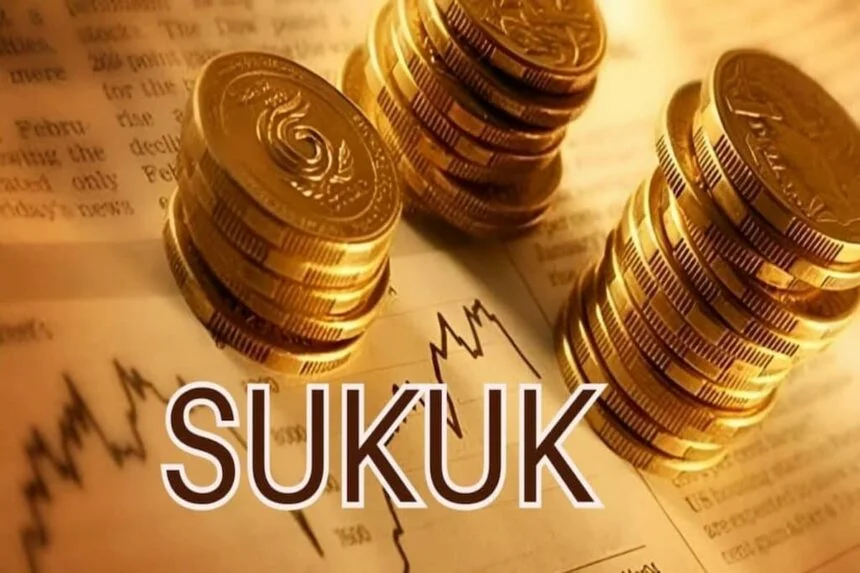
Morocco is preparing to return to the sukuk market by the end of 2025, marking the end of a seven-year pause. The announcement came from Abdellatif Jouahri, Governor of Bank Al-Maghrib, during a recent conference on Islamic finance held in Rabat and reported by Bloomberg. While details remain scarce, including whether the new issuance will be denominated in local currency or foreign currency, the move signals Morocco’s renewed interest in diversifying its financing tools.
This decision comes at a time when the country is gearing up for a massive investment cycle ahead of co-hosting the 2030 FIFA World Cup with Spain and Portugal. With infrastructure projects looming large, Morocco is exploring alternative financing channels, including Islamic finance, to support these transformative developments.
Although Morocco officially launched its participatory (Islamic) finance sector in 2017, progress has been sluggish. To date, the country has conducted only one sovereign sukuk issuance—a five-year bond completed in 2018, which matured in 2023. Since then, Morocco has favored conventional financial markets, as seen in its €2 billion bond issued in April.
Governor Jouahri openly expressed his disappointment with the limited evolution of Islamic finance in Morocco. He highlighted the lack of sovereign Islamic debt as a major obstacle preventing the sector from gaining traction. Currently, participatory finance accounts for just 2% of the country’s total banking assets. While the legal framework is in place, administrative delays and liquidity shortages have kept this segment from expanding, leaving both public and private entities unable to fully tap into its potential.
No Moroccan company has yet raised capital through sukuk. Nevertheless, authorities have signaled their intention to broaden the range of available financial instruments, particularly to fund strategic sectors such as renewable energy and the transition to greener infrastructure.
Jouahri emphasized that Morocco remains a newcomer to Islamic finance, but the foundations have been laid. The planned sukuk issuance represents more than just a financial transaction—it is seen as a step toward revitalizing an ecosystem that the country hopes to position at the center of its broader strategy for financial inclusion and savings mobilization.